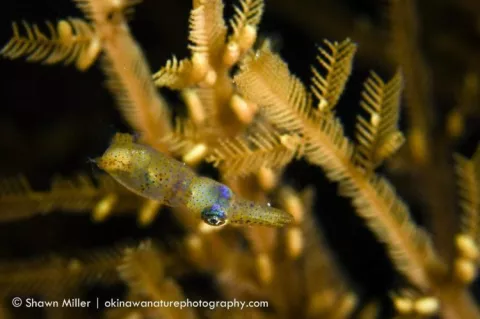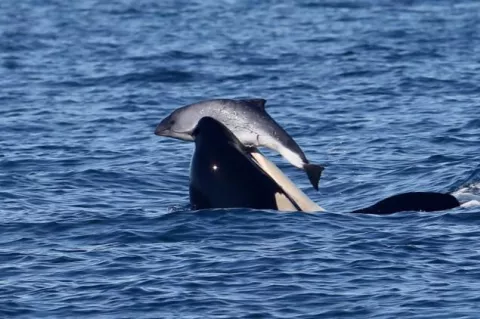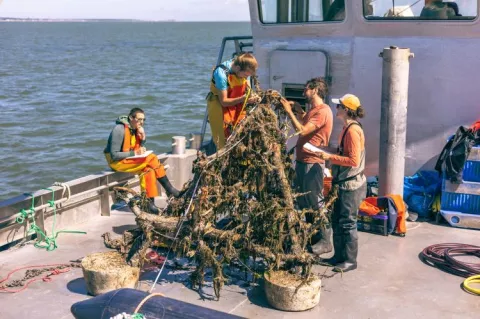Meet two new species of pygmy squid
The deep, emerald waters surrounding Japan's Okinawa Islands are a haven for marine life, and is one of the most biodiverse ecosystems on the planet. Within this vast biodiverse haven, scientists have discovered two new species of pygmy squid lurking beneath the surface: the Ryukyuan Pygmy Squid and Hannan's Pygmy Squid.
These two species have now been described and catalogued, with names that connect them to Japan's cultural heritage. Findings have been published in the Marine Biology journal.







